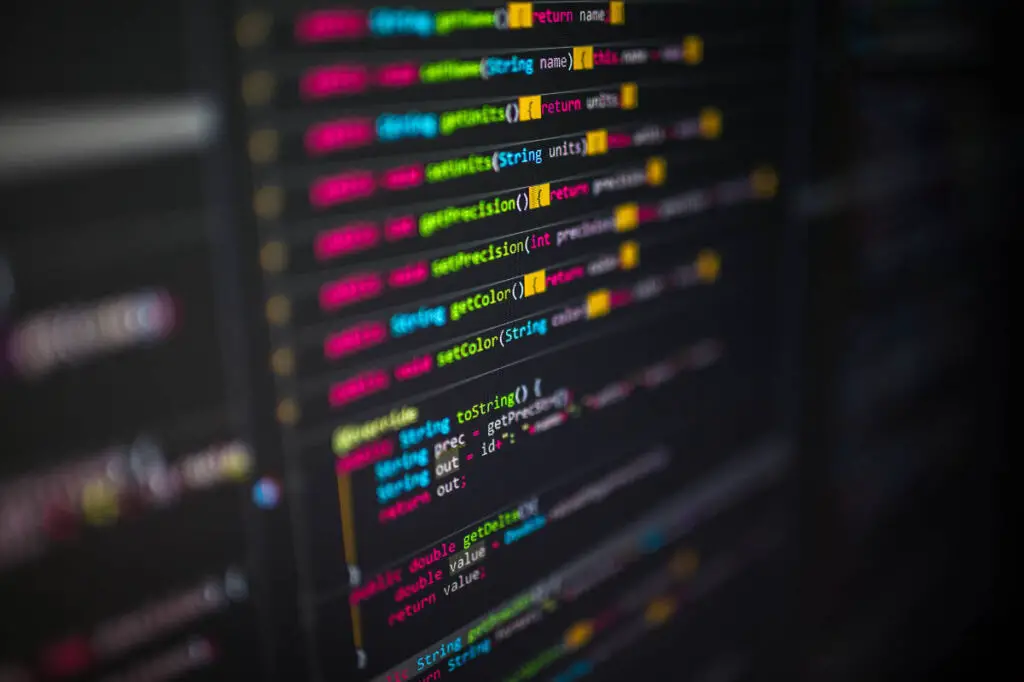The unexpected shutdown of the Python window is a problem that Python users frequently experience.
As it disrupts workflow and makes it challenging to debug code, this may be a frustrating experience.
We’ll examine the causes of the Python window closing in this blog article and offer remedies to stop it from happening. You will have a better grasp of the issue and be armed with workable methods to prevent the Python window from closing at the end of this article.
Advertising links are marked with *. We receive a small commission on sales, nothing changes for you.
3 Reasons Why Python Window Closes

There are several reasons why the Python window can abruptly close. Understanding these reasons is crucial to prevent it from happening in the future.
#1: User Action
One common reason why the Python window closes is due to user action.
For example, clicking the “X” button on the window or using keyboard shortcuts to close the window can lead to its closure.
In some cases, users may accidentally click the wrong button or use a shortcut without realizing its consequences. It is important to be aware of these actions and take steps to prevent them from happening.
#2: Errors in the Code
Another reason why the Python window can close is due to errors in the code. When there is an error in the code, the program may end suddenly, leading to the closure of the Python window.
Some common errors that cause window closure include syntax errors, logical errors, and runtime errors.
It is significant to carefully check the code for errors and fix them before running the program.
#3: System Issues
Lastly, system issues such as power failure or system updates can cause the Python window to close unexpectedly.
System updates can also cause issues as they may interfere with the program’s normal operation. It is influential to have a backup power source and keep the system up to date to prevent these issues from happening.
3 Simple Techniques to Prevent the Python Window From Closing
It’s a good thing that there are several techniques to prevent the Python window from closing. In this section, we’ll discuss some of the most widely used solutions and how to use them.
#1: Using the input() Function
One simple technique to stop the Python window from closing is to use the input() function.
The window remains open thanks to this functionality until a value is input.
It is important to keep in mind that not all applications may benefit from the input() method due to the risk that it may interfere with their regular operation.
print("This is a test program.")
input("Press Enter to continue...")
#2: Using the time.sleep() Function
Another technique to stop the Python window from closing is to use the sleep() function. This function prevents the program from running for now to keep the window open.
Use the function with caution, as it could slow down the program’s execution and impair regular operation.
import time
print("This is a test program.")
time.sleep(10)
#3: Using a Command Line Argument
By using a command-line option, the Python window can be prevented from shutting in another way.
Looking for a step-by-step guide to learn coding?
This involves providing a specific command line option to the application, which causes it to wait for it to be accepted before shutting the window. For more experienced users who are comfortable with command line parameters, this method might be appropriate.
import sys
print("This is a test program.")
if '-k' in sys.argv:
input("Press Enter to continue...")
Conclusion
Python users often experience the unexpected shutting of the Python window. User behavior, coding mistakes, and system issues can cause this.
We tried input(), time.sleep(), and command line arguments to avoid this issue. These simple ways can keep the Python window open when needed.
Users can save time and frustration while debugging code by identifying the cause and applying the right fixes.
This article should help you avoid Python window closure. Python users can prevent difficulties like this by controlling program behavior. You’ll master Python if you practice and explore.
Advertising links are marked with *. We receive a small commission on sales, nothing changes for you.
